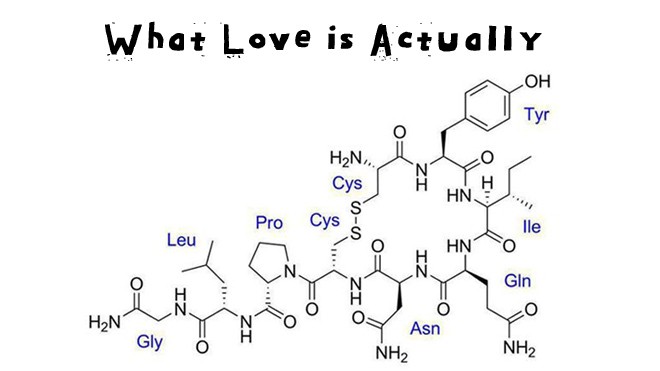
Why do we love people? I find myself wondering. Is it because of who they are? Or, is it in spite of it all?

A chubby six-year-old boy with thick brown curls and dark eyelashes tells his mother he wants waffles with two scoops of ice cream on the side and a glass of coca cola. And, some French fries later -- maybe, he adds.
The mother argues that this is enough to feed a village. He wouldn’t be able to have it all today at least, she says. The boy persists. Now, he starts whining. He is all over the place, really. The mother, somewhat embarrassed, gives in. Cleverly, she tells him they should start with some French fries because those can be served the quickest. The boy looks at her skeptically (maybe this has happened before); he has the look of someone who knows that they have settled for less than they deserve but he agrees anyway.
Fifteen minutes, the waiter tells them and disappears. The mother hugs the boy and tells him she loves him. He says that he loves her too but will still see if he’s hungry after he finishes the French fries.
I am sitting at an upscale restaurant in Gulberg but I can still hear this conversation over the deafening sound of music. I’m early for a meet-up with friends and am done switching between the three to four mobile applications that one can look to in times of boredom. I realise I’ve been staring at the duo for quite some time now. After exchanging an awkward smile with the mother, I look away.
There’s a middle-aged couple sitting a few tables away: a woman with chiselled features and a blunt bob wearing an orange kurta and blue jeans, and a man in grey slacks and a white button-down shirt. The woman is stabbing the salad with her fork. The man sits by her side nervously. They glance at each other from time to time but neither says a word. Then, the man says something and the woman smiles. It’s a sincere smile that reaches her eyes.
The man is relieved to the point of looking a little smug. They’re holding hands now. Whatever it was, it had passed.
Why do we love people? I find myself wondering. Is it because of who they are? Or, is it in spite of it all?
For the six-year-old, love is his mother pandering to every whim. It is because of what his mother can do for him and what she does for him on a daily basis. If she ever says no, she will find herself overcompensating by saying yes to a thousand ridiculous things he asks for next. His love is the closest to quid pro quo that love gets. She has to earn his love. This is the real labour.
But things will not remain as they are: As he matures and begins to learn about the various nuances of relationships and life, he will be nostalgic for the times when almost everything he wanted would find a way to him -- more often than not, through his favourite parent. Nostalgia for that love will inevitably take on a terrifying shape and manifest itself as the desire to have his dreams be understood. At the bottom of our interactions with others in times of joy or sadness, lies this very desire.
More often than not, ‘our people’ are those who would put everything on halt when we need them; most of whom -- after life gives us a few reality-checks -- meet us at least halfway if not more than that.
At the far end of the spectrum is the kind of love that is in spite of it all: where there is always the risk of getting burned; where you might end up worse off; the kind that is idealised in films and books. The kind that I assumed the couple sitting at the table had; to be fair, because I wanted to. (After all, there’s only so much that you can infer from body language.) It is the sort of love that brings people together on a table to talk things out; or if not, to overlook each other’s weaknesses and retain the connection through shared laughter. I know what most people will say to this: it has to be a balance between both kinds of love. But the ‘has to’ is no substitute for the ‘is’ -- no answer to why we love the people we love.
However, before I can conclude the impossible debate I was having in my head, my friends have arrived. Two of them couldn’t show up because they had somewhere else to be, I was told - I smile and tell the ones that are here that I believe this to be true. We laugh; and I know in spite of who they are, and sometimes because of it, I love them all. It’s confusing. But it’s possible.